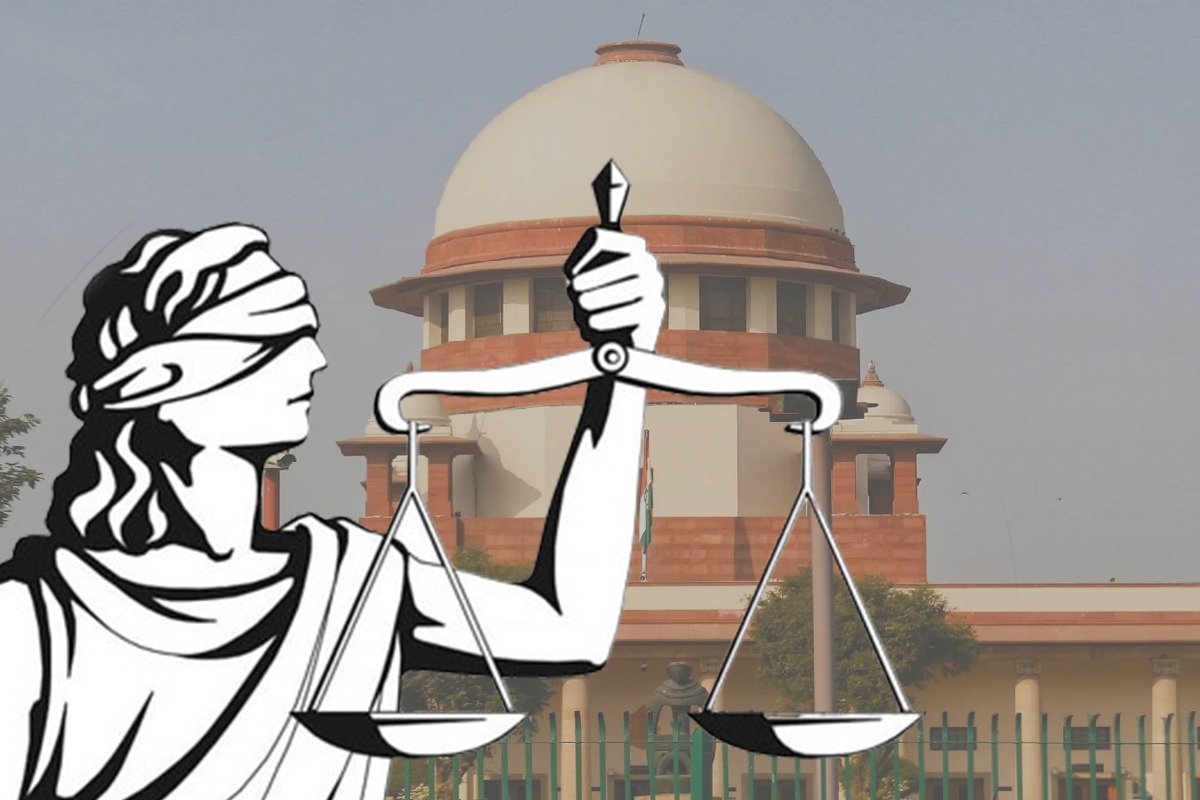
A comprehensive approach to judicial reform must accompany it, encompassing measures to strengthen appointments, enhance performance monitoring, and improve grievance redressal mechanisms.

The recent proposal by the Centre to mandate annual asset declarations for judges of the Supreme Court and high courts marks a significant stride towards bolstering transparency and accountability within the Indian judiciary. This initiative, rooted in the recommendations of the Parliamentary Standing Committee on the Welfare of Scheduled Castes and Scheduled Tribes, underscores a commitment to upholding the highest standards of integrity and ethics among the judiciary.
This proposal aligns with both existing national norms and international best practices regarding judicial disclosure. While India has had voluntary asset declaration guidelines since 1997, this move seeks to institutionalize the process, making it legally enforceable and ensuring consistency across the judiciary. Moreover, it resonates with global standards, as many nations mandate similar disclosures to prevent corruption and enhance public trust in the judiciary.
However, implementing this proposal may encounter challenges. Some members of the judiciary may view it as an encroachment on their privacy and autonomy. Questions regarding the efficacy and scope of the disclosure mechanism, as well as concerns about data security and misuse, must be addressed meticulously. Yet, these challenges should not deter progress but rather inform a robust and inclusive implementation strategy.
Indeed, this proposal represents a pivotal step forward, but it cannot stand alone. A comprehensive approach to judicial reform must accompany it, encompassing measures to strengthen appointments, enhance performance monitoring, and improve grievance redressal mechanisms. Moreover, a consultative process involving all stakeholders is essential to ensure fairness and effectiveness.
The move towards mandatory asset declarations for judges embodies a broader commitment to transparency and accountability within India’s judiciary. It reflects a collective aspiration to uphold the ideals of justice and integrity, essential pillars of a vibrant democracy. As India embarks on this journey, the resolve to strengthen our judicial institutions must remain steadfast to uphold the principles of justice.